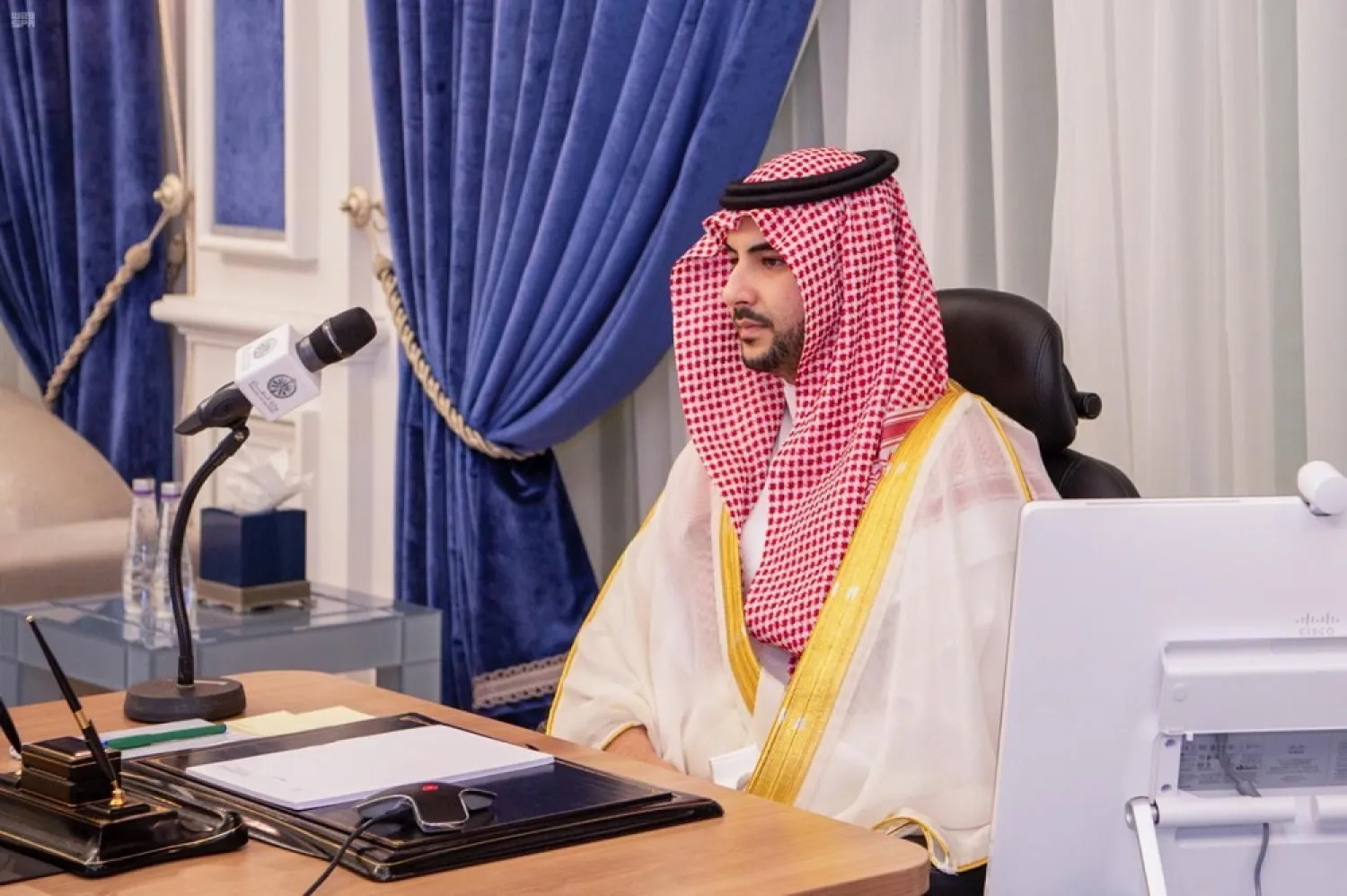Saudi Deputy Defense Minister Prince Khalid bin Salman stressed that the security and stability of Yemen and its return to the Gulf and Arab fold was a primary goal of the Saudi-led Arab coalition.
In a tweet, he said that the Riyadh Agreement was a main factor in achieving this goal.
Saudi Arabia's "efforts have succeeded in bringing together the Yemeni government and the Southern Transitional Council in accepting the proposed mechanism by the kingdom to implement the Riyadh agreement," he added.
"[The] efforts in bringing together Yemeni political leaders... and reaching consensus on the mechanism for implementing the Riyadh Agreement shows the possibility of resolving Yemeni differences through dialogue without the use (of) military force."
The Southern Transitional Council (STC) on Wednesday abandoned its declaration of self-rule in southern Yemen and pledged to implement the Riyadh Agreement with the legitimate government.
Saudi Arabia said it had proposed a plan to "accelerate" the implementation of the Riyadh Agreement, the official Saudi Press Agency reported early Wednesday.
The plan calls for the Yemeni prime minister to create a fresh government within 30 days, as well as the appointment of a new governor and security director for the de facto capital Aden.
Saudi State Minister for Foreign Affairs Adel al-Jubeir said that the proposed mechanism to implement the Riyadh Agreement will lead the country towards a phase in which ranks can be united and state institutions can be activated for the service of the Yemeni people.
The new mechanism also backs the United Nations’ efforts to reach a comprehensive political solution to the crisis.
Saudi Ambassador to Yemen Mohammed al-Jaber expressed his gratitude to the president, vice president and government of Yemen, as well as the STC for reaching an agreement on the new mechanism.
He praised them for overcoming obstacles, highlighting the efforts of Saudi Crown Prince Mohammed bin Salman, Deputy Prime Minister and Minister of Defense, in bringing together the Yemeni government and STC.
He hoped that the new mechanism will positively impact the situation on the ground and contribute to development and implementation of services and humanitarian projects.
UAE State Minister for Foreign Affairs Dr. Anwar Gargash described as “encouraging” the resumption of efforts to implement the Riyadh Agreement.
In a tweet, he said he hoped that the government and STC would prioritize a strategic vision, “instead of petty tactical gains.”
The restoration of trust demands concessions from both sides, he added, while expressing his gratitude to the “tireless” Saudi efforts in reaching the breakthrough.









